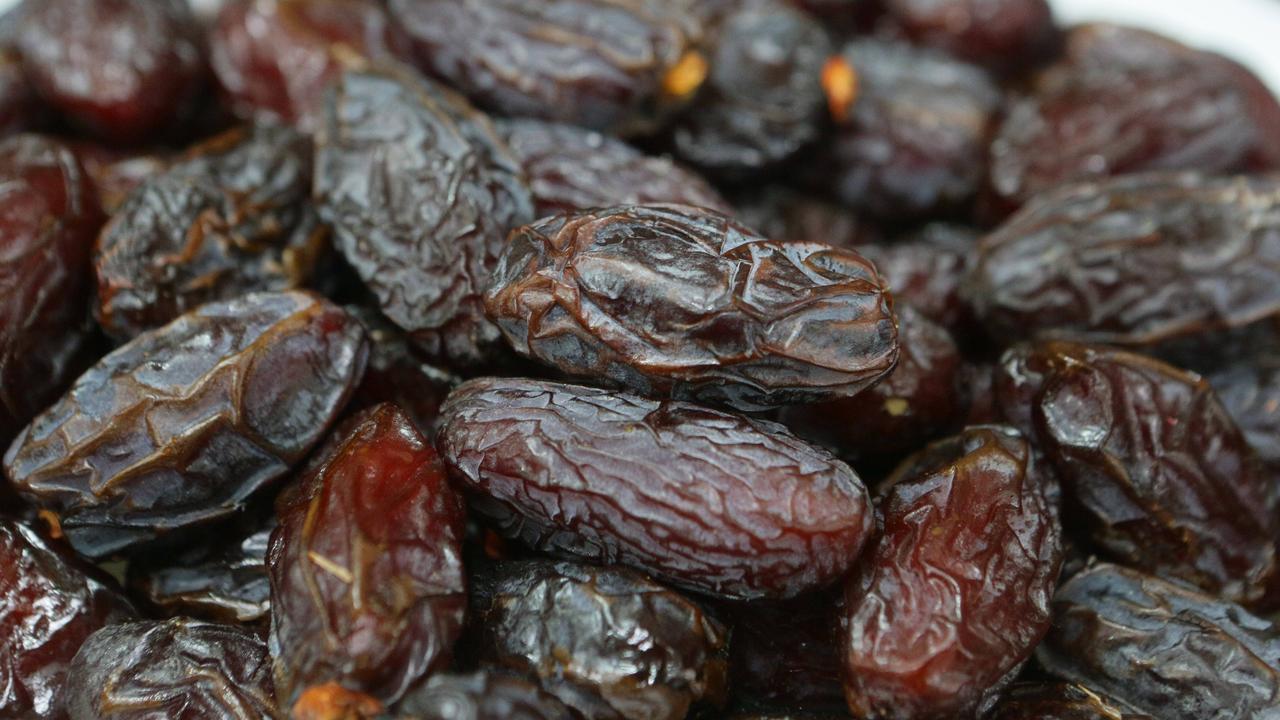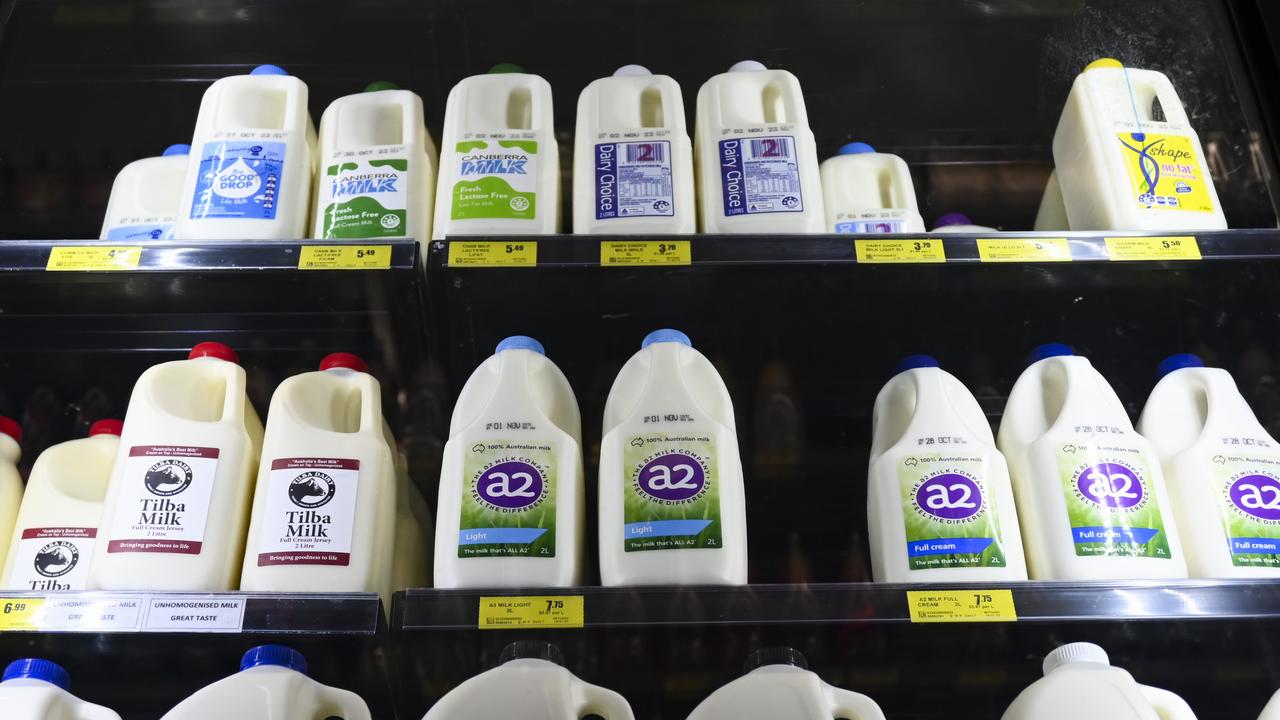Agriculture Department flags multiple food imports for biosecurity risks
Australia’s biosecurity officers have flagged some dodgy and potentially life-threatening food imports bound for our plates.
Australian consumers have dodged salmonella, E.coli and dangerous levels of caffeinated energy drinks in just one month after biosecurity officers discovered a sweep of imported food products with serious safety hazards.
The Agriculture Department’s latest Failing Food Report, which covers the month of June, flagged 28 items that failed safety tests.
In one case, salmonella, a potentially life-threatening bacteria, was detected in chilli powder from Sri Lanka’s Ceylon First Exports Ltd and India’s Rdr Impex Private Limited.
In another, E.coli was detected in excess of permitted levels in baby corn from Thailand.

Energy drinks from American beverage company Prime Hydration were found to have caffeine above permitted levels.
If a food item fails a test, the department applies a holding order or risk category, which flags the item for increased testing.
“We do this until the overseas producer reaches a history of compliance,” the department says.
The department targets and monitors food that poses a high or medium risk to public health.
Agriculture Minister Murray Watt has warned Australia’s biosecurity challenges are becoming “increasingly complex”.

The federal government’s inaugural National Biosecurity Strategy, released in August last year, aims to keep the country’s protection and surveillance systems effective through to 2030.
“Strong and efficient biosecurity is even more important as we respond to emerging challenges including diseases on our doorstep including Foot and Mouth Disease, African Swine Fever, Lumpy Skin Disease and Xylella,” Mr Watt said at the time.
“It (the strategy) joins together governments with industry stakeholders as we look to secure Australia’s primary industries well into the future.
“By aligning all the key players, we can ensure everyone works together to counter the biosecurity threats we face.”






